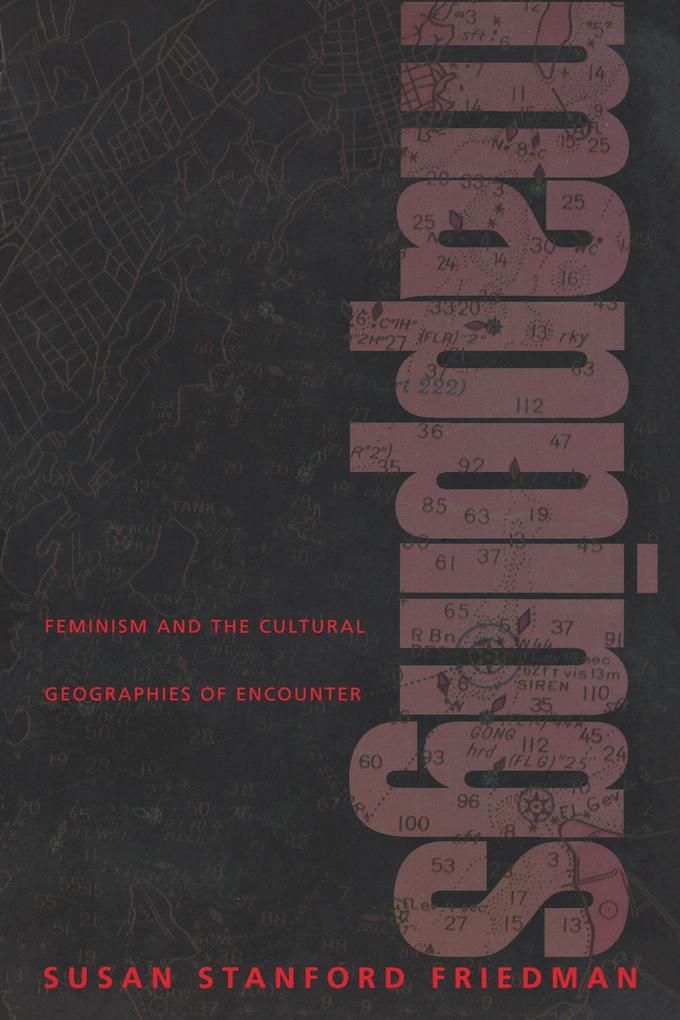In this powerful work, Susan Friedman moves feminist theory out of paralyzing debates about us and them, white and other, first and third world, and victimizers and victims. Throughout, Friedman adapts current cultural theory from global and transnational studies, anthropology, and geography to challenge modes of thought that exaggerate the boundaries of gender, race, ethnicity, sexuality, class, and national origin. The author promotes a transnational and heterogeneous feminism, which, she maintains, can replace the proliferation of feminisms based on difference. She argues for a feminist geopolitical literacy that goes beyond fundamentalist identity politics and absolutist poststructuralist theory, and she continually focuses the reader's attention on those locations where differences are negotiated and transformed.
Pervading the book is a concern with narrative: the way stories and cultural narratives serve as a primary mode of thinking about the politically explosive question of identity. Drawing freely on modernist novels, contemporary film, popular fiction, poetry, and mass media, the work features narratives of such writers and filmmakers as Gish Jen, Julie Dash, June Jordon, James Joyce, Gloria Anzald%a, Neil Jordon, Virginia Woolf, Mira Nair, Zora Neale Hurston, E. M. Forster, and Irena Klepfisz.
Defending the pioneering role of academic feminists in the knowledge revolution, this work draws on a wide variety of twentieth-century cultural expressions to address theoretical issues in postmodern feminism.
Inhaltsverzeichnis
List of Illustrations Pt. IFeminism/Multiculturalism Ch. 1"Beyond" Gender: The New Geography of Identity and the Future of Feminist Criticism Ch. 2"Beyond" White and Other: Narratives of Race in Feminist Discourse Ch. 3"Beyond" Difference: Migratory Feminism in the Borderlands Pt. IIFeminism/Globalism Ch. 4Geopolitical Literacy: Internationalizing Feminism at "Home" - The Case of Virginia Woolf Ch. 5Telling Contacts: Intercultural Encounters and Narrative Poetics in the Borderlands between Literary Studies and Anthropology Ch. 6"Routes/Roots": Boundaries, Borderlands, and Geopolitical Narratives of Identity Pt. IIIFeminism/Poststructuralism Ch. 7Negotiating the Transatlantic Divide: Feminism after Poststructuralism Ch. 8Making History: Reflections on Feminism, Narrative, and Desire Ch. 9Craving Stories: Narrative and Lyric in Feminist Theory and Poetic Practice Notes References Index










